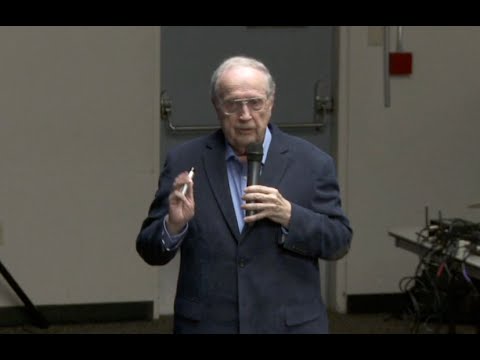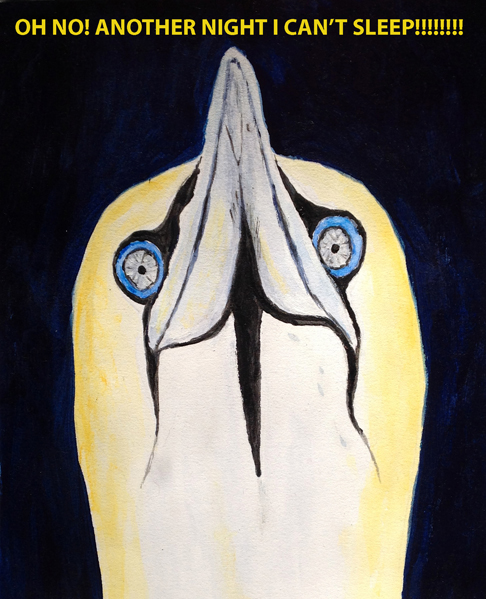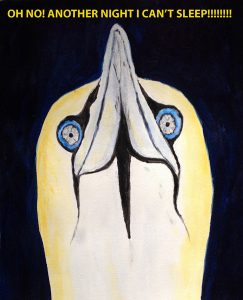These are my thoughts of an interview Dave Asprey did with world-wide known author and teacher Byron Katie called “Hacking the Voice in Your Head” (the interview can be found here)
Katie shares how she spiraled down into 10 years of depression, rage, self-loathing and agoraphobia. She had been unable to leave her bedroom most of the time. These emotional problems were greatly changed at age 43 in 1986 when she became aware that her suffering was caused by believing her thoughts. She realized that when she questioned these negative thoughts she stopped her suffering. Katie felt compelled to help others who were in the same dark hopeless hole she had been in.


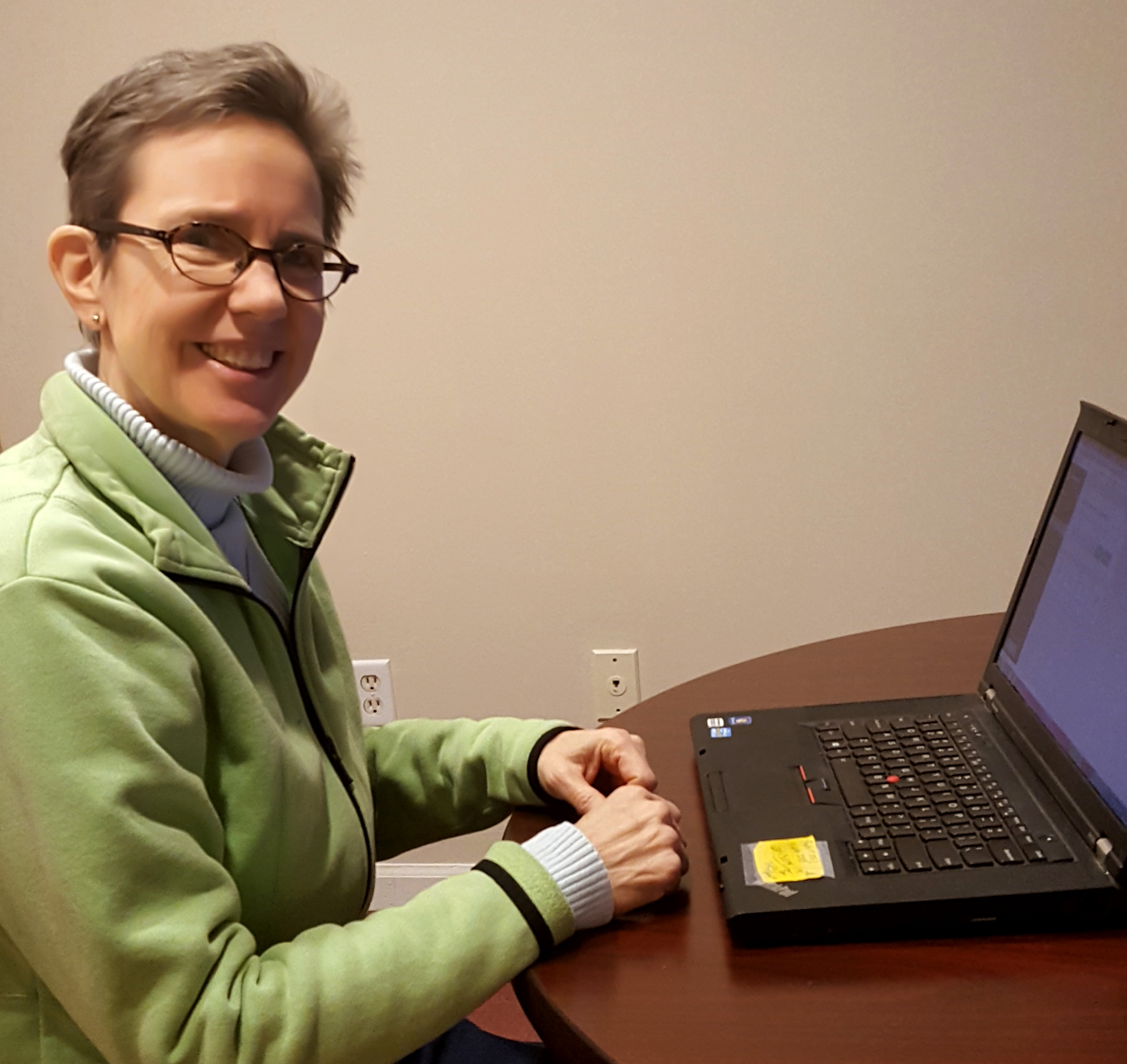
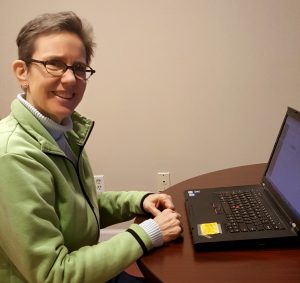
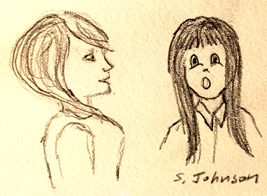
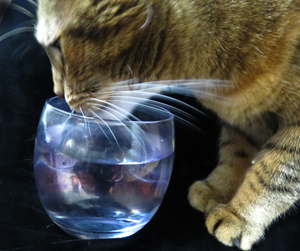
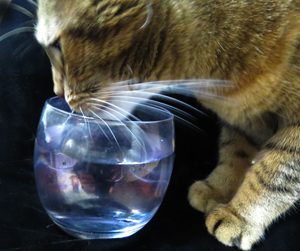
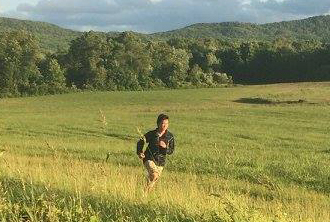
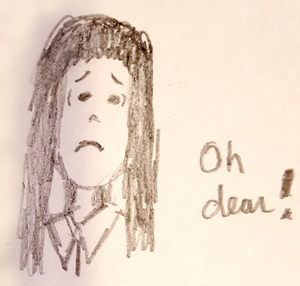
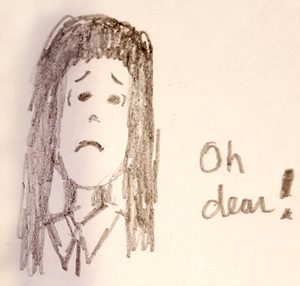

 In the mid 1990s a friend of mind told me about a book that would change my life: The Highly Sensitive Person-How to Thrive When the World Overwhelms You by Elaine N.Aron. The author writes that 15 to 20 percent of the population has a sensitive nervous system that causes these people to be more sensitive emotionally and physically. In our culture this trait is usually not seen favorable while in other countries such as China being “shy and sensitive” is seen favorably. In our culture the highly sensitive person may be told “you are too sensitive!” or as a child, called a “cry baby”. These negative messages increase the anxiety and lower self esteem of sensitive people.
In the mid 1990s a friend of mind told me about a book that would change my life: The Highly Sensitive Person-How to Thrive When the World Overwhelms You by Elaine N.Aron. The author writes that 15 to 20 percent of the population has a sensitive nervous system that causes these people to be more sensitive emotionally and physically. In our culture this trait is usually not seen favorable while in other countries such as China being “shy and sensitive” is seen favorably. In our culture the highly sensitive person may be told “you are too sensitive!” or as a child, called a “cry baby”. These negative messages increase the anxiety and lower self esteem of sensitive people.